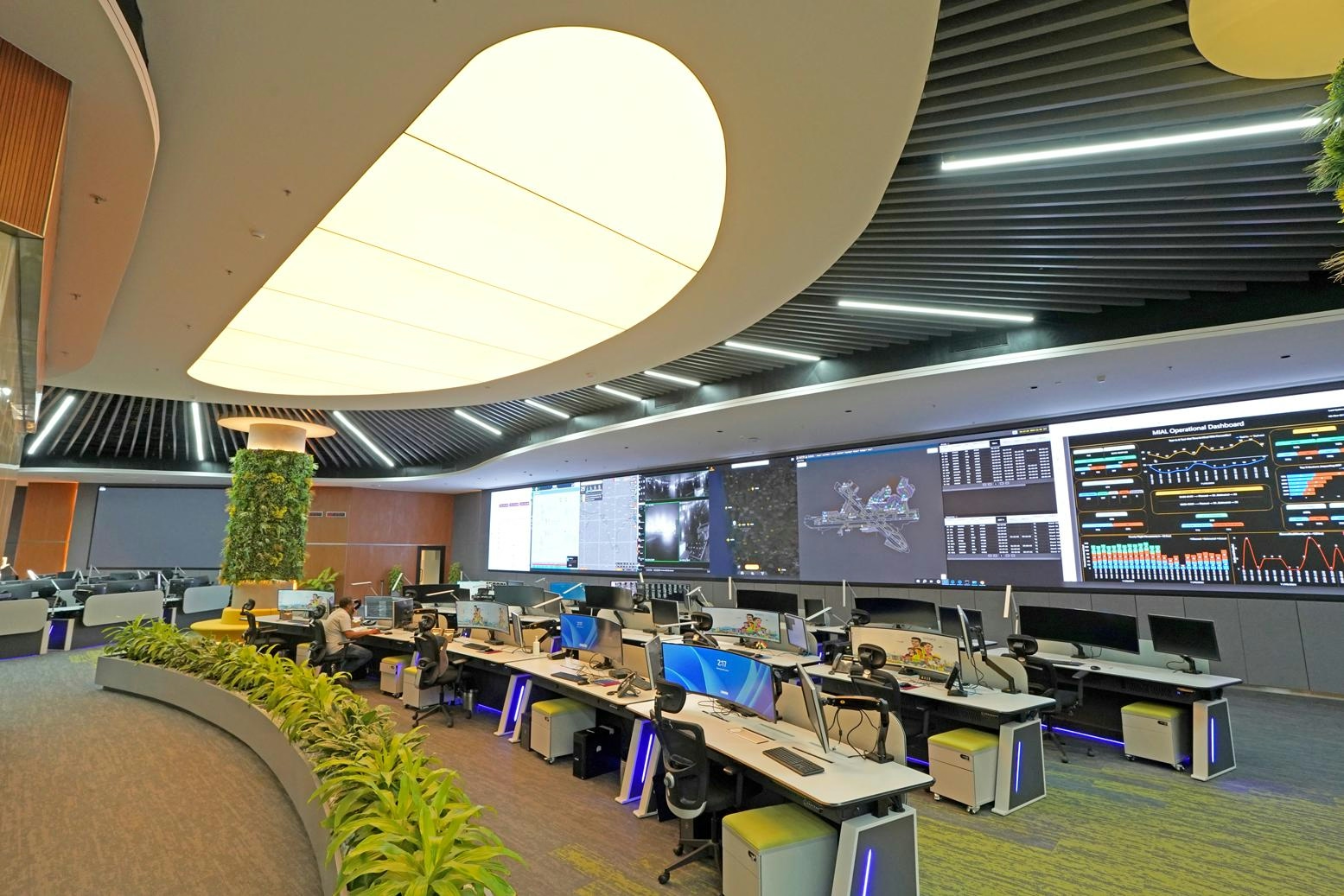AeroGenie — Uw intelligente copiloot.
Trending
Categories
How Berlin Airport Uses Data and AI to Enhance Passenger Experience

How Berlin Airport Uses Data and AI to Enhance Passenger Experience
Airports are often perceived as impersonal spaces defined by long queues and mechanical routines. Berlin Brandenburg Airport is challenging this stereotype by adopting a holistic, passenger-centered approach to travel. Christian Draeger, head of passenger experience, emphasizes that the airport’s role extends beyond its physical boundaries. “We’re not just starting at the airport door. We’re already looking at customers, how they can get prepared for their travel, even days ahead of the actual travel plans,” he explains. For Draeger, the airport should be an integral part of the entire journey rather than a mere interruption. His guiding principle is clear: “Put the passenger in the center.”
This philosophy gains significance in an era where technology is reshaping travel habits. Nearly two-thirds of travelers now rely on AI tools to plan their trips, and most expect services that adapt dynamically to their individual needs. Berlin Brandenburg’s strategy seeks to harmonize technological innovation with empathy, aiming to eliminate friction while maintaining a human touch.
Designing for the Modern Traveler
With over thirty years of experience in aviation, Draeger brings a nuanced understanding of passenger behavior, including how people move, wait, and interact within airport environments. Serving approximately 25 million passengers annually, Berlin Brandenburg is reimagining the travel experience from the ground up. The airport offers a range of premium services, including business-class lounges and an ultra-premium lounge featuring à la carte dining and chauffeur service, while also attending to the finer details that often go unnoticed by travelers.
Security is a prime example of this rethinking. Dissatisfied with the federal police’s approach, the airport took control of its own security operations. It now operates 32 security lanes, 24 of which are equipped with advanced CT scanners that allow passengers to keep laptops in their bags and carry small amounts of liquids, significantly streamlining the process. Draeger highlights the importance of consistency: “It’s about having a consistent experience across the whole area of the airport.”
Personalization is at the core of Berlin’s approach. Draeger notes that the needs of a family traveling once a year on holiday differ markedly from those of a business traveler focused on efficiency. This balance between efficiency and discovery is evident in every aspect of the airport’s design, from the improved security flow to duty-free areas reimagined as specialized marketplaces. Recent studies indicate that 93 percent of travelers expect tailored services, and Berlin is actively translating these expectations into tangible improvements.
Navigating Challenges and Industry Trends
The implementation of data and AI-driven solutions presents significant challenges. Like many organizations, Berlin Brandenburg faces potential resistance from staff adapting to new AI tools, a difficulty that reflects broader industry trends in AI adoption. Additionally, some passengers remain skeptical about the ability of AI to enhance their experience, mirroring wider market hesitancy seen in technologies such as self-driving cars, where regulatory and technical obstacles persist.
Berlin’s innovations are part of a larger movement across the EMEA region, where airports are increasingly leveraging AI to improve passenger experiences, from smarter travel planning to enhanced luxury services. As competitors adopt similar technologies, Berlin’s emphasis on blending advanced technology with genuine empathy may prove decisive in distinguishing its offering.
By integrating cutting-edge technology with a deep understanding of traveler needs, Berlin Brandenburg Airport is working to transform the airport experience into one that is not only efficient but truly passenger-focused.

Emirates Unveils Cabin Design for New Boeing 777X

Eighteen Years On, the Airbus A380 Remains Central to a $34 Billion Airline

How a boom in luxury airline seats is slowing down jet deliveries

Navitaire Outage Attributed to Planned Maintenance

Airbus Plans Record Delivery of 870 Aircraft in 2026

DigiYatra Debuts Outside Aviation at India AI Impact Summit

Vietnam Orders Strengthen Boeing’s Commercial Outlook

Airbus Signals Uncertainty Over Future A400M Orders

JobsOhio Awards $2 Million Grant to Hartzell Propeller for Innovation Center

Collins Aerospace Tests Sidekick Autonomy Software on YFQ-42A for U.S. Air Force CCA Program
